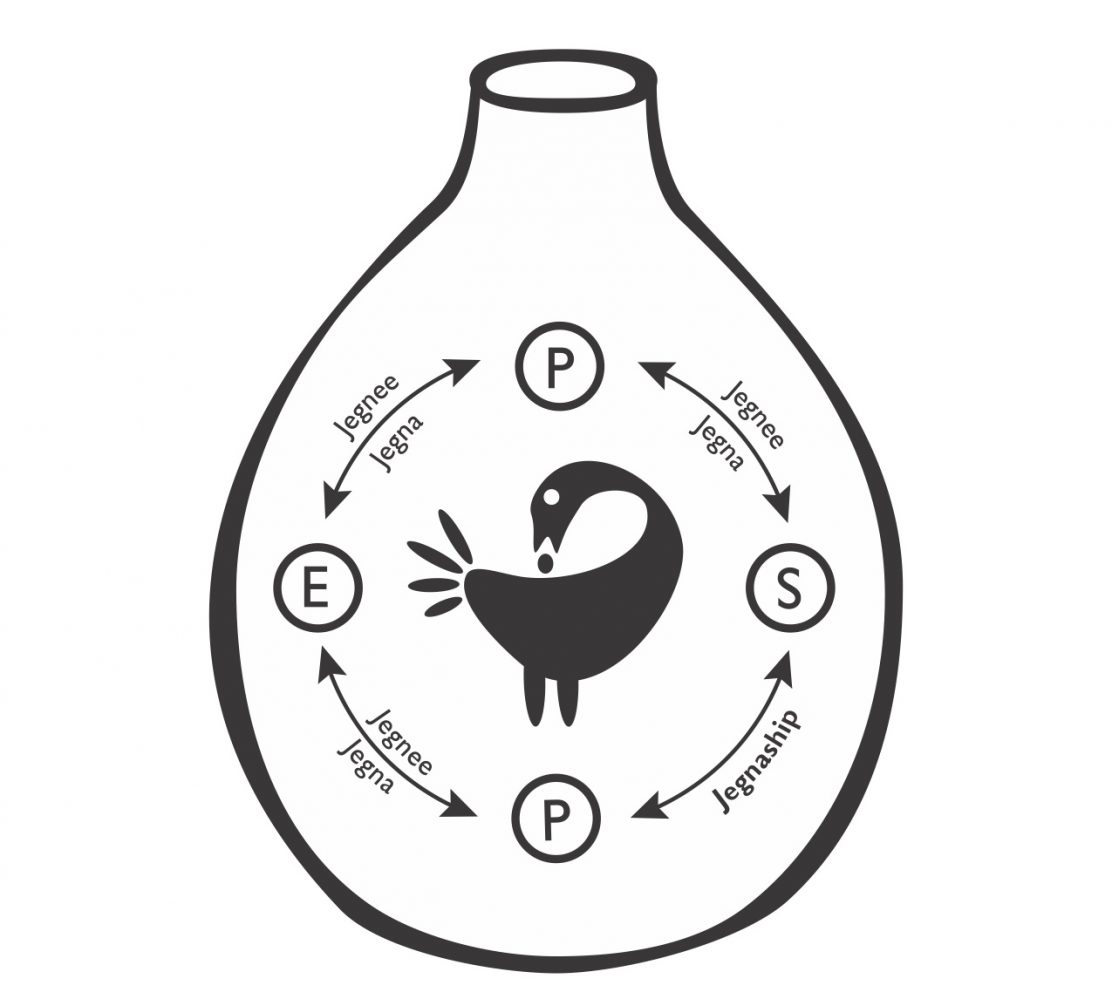 You’ve decided to go to college, you’ve chosen your major, registered for classes, purchased the textbooks, notebooks, and pencils. Off to class you go. Week one, life is grand, you completed your assignment — on time. By week three you begin to struggle just a little. You make the deadlines, but just barely. By week six, if you have hair, you may have started to loose some of it – you’re two assignments behind in your English class, barely keeping up in Calculus, and you hope to be able to sleep sometime between History 102 and Philosophy 101.
You’ve decided to go to college, you’ve chosen your major, registered for classes, purchased the textbooks, notebooks, and pencils. Off to class you go. Week one, life is grand, you completed your assignment — on time. By week three you begin to struggle just a little. You make the deadlines, but just barely. By week six, if you have hair, you may have started to loose some of it – you’re two assignments behind in your English class, barely keeping up in Calculus, and you hope to be able to sleep sometime between History 102 and Philosophy 101.“Even if you are on the right track, you’ll get run over if you just sit there” – Will Rogers
This quote has happened to many college students, myself included. What’s a student to do? Help is on the way…Time Management.
Each of us has a valuable resource — time. We in western society regulate time on a 24 hour clock. One week contains 168 hours. It doesn’t take an Einstein to figure out that if you have 168 hours of time and 180 hours of work, something is not going to get done. Likewise, you could have 100 hours of work, and still not complete it. Time management is what you need.
Time management is you taking control of your time. It requires self analysis, a written plan, and discipline. Self analysis is used to see where you are currently spending your time. How much time are you wasting, and how much time is spent doing low priority tasks. For example, how much time do you spend getting dressed in the morning? Could you spend more time improving your grades if you spent less time looking for what shoes to wear? How many hours do you sleep each day: eight, ten, twelve? Could train your body to require less sleep through proper exercise and meditation, to say five or six per night, then use those “extra” ten hours per week at the library or in a study group.
To find out where you are currently using your time, monitor it for one week by writing down everything you do. Write what time you start and end every task of the day, and be honest. For example: 7:00am – got up, 7:15am – ate breakfast and dressed for work, 8:00am – left for work, 6:00pm – returned home, 6:15pm – watched TV and ate take-out Chinese food, 9:00pm – read school assignment, 11:00pm – went to bed. Analyze this data, see where you could have used your time more effectively. Decide what areas can be reduced and what areas need more time.
Next create a written plan and develop a day planner. You can create your own or purchase one form an office supply or campus bookstore. Two of my favorites are Franklin/Covey Planner and Moleskine. In your planner, schedule a time for every task, even the givens such as dressing, eating, and sleeping. Remember to schedule in relax/fun time. Spending time with friends and family is vital to a successful time management plan (this is where honesty comes into play). Include all seven days of the week. Maybe on Saturdays you can schedule maintenance tasks like filling up the gas tank, washing your clothes, review your financial budget. It’s important to understand how all 168 hours are being allocated. Identify time wasters and eliminate therm. For fun, visualize each time waster as a wicked cartoon character, and yourself as the superhero; it’s your mission to find and eliminate the evil time wasters in the Timeland.
You’ll be surprised at how time management helps to improve your level of concentration. By eliminating distractions and having nothing else to do but what you are doing, you are then able to focus your energy, causing highly successful results. Finally, what it all comes down to is a little thing called self-discipline. Planning is vital to time management, but action is what causes it to work. You can go to a professional time management consultant, even pay hundreds of dollars on the newest planning system; but if you don’t have the self-discipline to DO IT you might as well stay in bed.
The only time to do anything is now. You can think about doing something next Wednesday. You can write about doing something next Wednesday. You can daydream, discuss, ruminate, speculate, or fantasize about what you will do next Wednesday. But it won’t actually get done if you don’t DO IT on Wednesday.

I shared this post with my students. Spot on! Great blog.